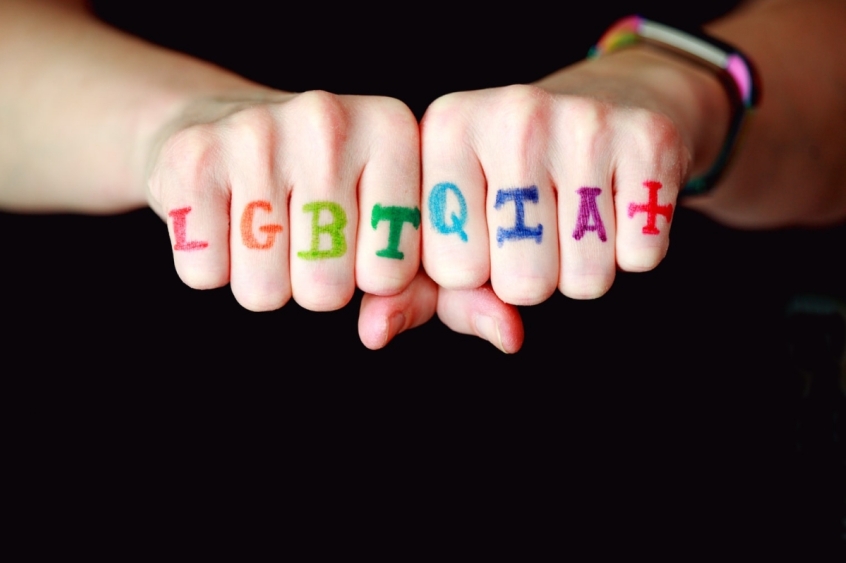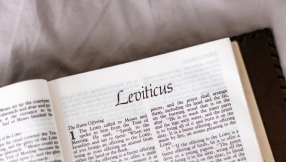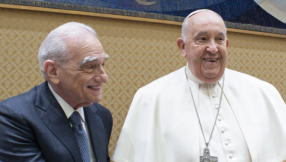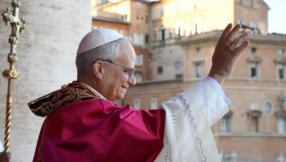
Equalities minister Liz Truss has confirmed the Government's plans to introduce legislation banning conversion therapy.
The commitment was confirmed in the Queen's Speech on Tuesday, but the legislation will not be introduced until a public consultation has taken place.
The Government said the legislation would protect people from "the coercive and abhorrent practice of conversion therapy in the UK".
A new fund will also be set up "offering substantial help to LGBT people impacted by conversion therapy".
Ms Truss said: "As a global leader on LGBT rights, this government has always been committed to stamping out the practice of conversion therapy.
"We want to make sure that people in this country are protected, and these proposals mean nobody will be subjected to coercive and abhorrent conversion therapy.
"Alongside this legislation, we will make new funding available to ensure that victims have better access to the support they need."
The Government is inviting members of the public to respond to the consultation to "ensure that the ban can address the practice while protecting the medical profession; defending freedom of speech; and upholding religious freedom".
Christian groups like The Christian Institute, Christian Concern and the Evangelical Alliance have raised concerns over the religious freedom implications, especially where it concerns prayer and pastoral care for people seeking spiritual help in relation to their sexuality.
The Evangelical Alliance has called on the Government to clearly define conversion therapy so that pastors are not unfairly criminalised.
The Christian Institute has threatened to take legal action against the Government if it bans "the wrong kind of prayer".
Simon Calvert, Deputy Director for Public Affairs at The Christian Institute said the organisation was not opposed to banning conversion therapy "if that means protecting people from dangerous medical practices".
"But the founder of the Ban Conversion Therapy campaign group is on record as saying "'spiritual guidance' is really just religious speak for conversion therapy" and claims 'the pernicious power of prayer must be dealt with'," he said.
"A ban on spiritual guidance and prayer would be tyrannical and unworkable. Do they expect police, prosecutors and courts to decide which kinds of prayer are criminal and which are not?
"Most people would be horrified by the prospect of someone being convicted for praying 'the wrong kind of prayer'. We must not allow activists to exploit legitimate concerns as a cover for pursuing anti-religious agendas."
The Church of England, which supports a ban on conversion therapy, says it wants to work with the Government on a "viable definition".
The Bishop of London, Dame Sarah Mullally, who chairs the Church of England's Living in Love and Faith Next Steps Group, said: "The Church of England believes that all people are made in the image of God and must be cherished for who they are.
"The General Synod has voted overwhelmingly to reject coercive Conversion Therapies so we welcome the Government's commitment to explore these matters further with a view to enshrining that position in law.
"We recognise the difficulties in defining Conversion Therapies and look forward to working closely with the Government to develop a viable definition and subsequent legislation.
"We want to prevent abuses of power, and ensure that issues of consent are made absolutely central to any future legislation."













